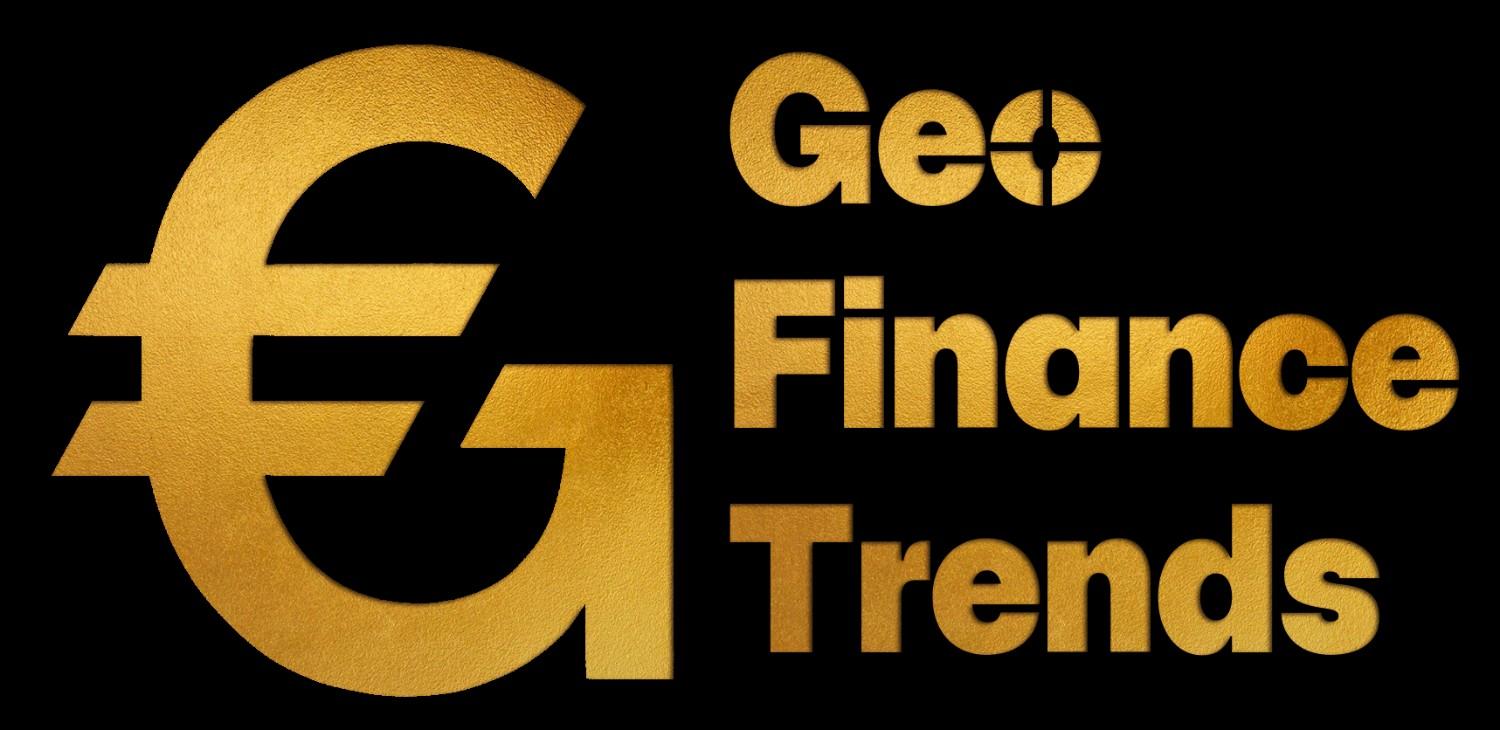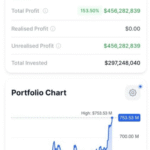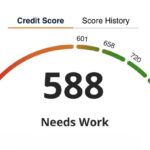How Bitcoin Became Legal Tender in El Salvador
Since bitcoin became legal tender in El Salvador for the first time ever, with a special focus on a little beach hamlet called El Zonte, which is often called “Bitcoin Beach”. Here’s a description of what this means, how it came about, and how it’s affecting the community.
Background of the story
El Salvador’s President Nayib Bukele said in June 2021 that he will introduce a law to make Bitcoin the first official cryptocurrency in any country.
This was big news at a big Bitcoin convention in Miami. A lot of people thought this was a bold step into the future, but others were worried because Bitcoin’s value had been going up and down a lot; it had dropped by about 50% shortly before the announcement.
The Bitcoin Beach Project
El Zonte, a small town with about 3,000 people, started trying out Bitcoin in late 2019, before this nationwide change.
An unknown American donor gave 12 bitcoins to establish this pilot initiative.
The project aimed to build a local economy powered by cryptocurrencies, especially Bitcoin.
Residents in El Zonte began using Bitcoin to buy food and pay their daily bills.
Some of the most important parts of the Bitcoin Beach project were
Digital Wallets: A group in the area built an app that allows users to utilize Bitcoin.
They worked with Strike, a payment service like Venmo, to make it easier to send and receive money. But sending Bitcoin wasn’t as easy as sending dollars.
People in the area, like a construction worker called Milton Cabrera, were paid in Bitcoin and used it to pay for things like their electric bills.
Bitcoin ATM: The town has one Bitcoin ATM where people can trade Bitcoin for cash. Even though a lot of people use it, the machine doesn’t always work right.
President Nayib Bukele worked with the CEO of Strike to get the word out about Bitcoin. The goal was to take advantage of El Salvador’s remittance business, which is worth roughly $4.5 billion a year. Bitcoin might help cut fees and make it easier for people without bank accounts to get money.
The people who started Bitcoin Beach: An American surfer who lived in El Salvador started the Bitcoin Beach concept.
He saw this project as a way to create jobs and give the people in the area more authority by bringing in a new financial system.
Anonymous Donor: No one knows who started the Bitcoin Beach initiative, but some people think it might be Jack Dorsey, the co-founder of Twitter. His team hasn’t acknowledged anything, though.
The local leader says that knowing who the donor is doesn’t matter; what matters is how the project will help people.
Changes and benefits that are good
The Bitcoin project has made a number of important adjustments in El Zonte:
Financial Inclusion: A lot of people who don’t have regular bank accounts may now use their cellphones to make transactions and be part of the digital economy.
Convenience: Using Bitcoin to pay bills and buy things might be quicker and easier, which saves residents time.
Community Empowerment: The program has given people jobs and encouraged local leaders, with residents taking the lead on future projects.
Problems and Issues
There are good things about it, but there are also problems and worries:
Price Volatility: Many people are worried about the unpredictable value of Bitcoin because they are afraid of losing money when prices decrease quickly.
Technical Problems: Some people say that the Bitcoin apps are harder to use than other ways to pay.
Skepticism: Some Salvadorans are suspicious of Bitcoin because they think it’s a foreign trick or fraud. This is because they don’t trust things that come from outside the country.
Some critics say that President Bukele’s drive for Bitcoin may be a way to avoid dealing with important problems, such claims of corruption in his government.
More effects
Using Bitcoin in El Salvador is a one-of-a-kind situation. In the U.S., people typically consider Bitcoin a risky investment. In El Salvador, however, authorities view it as a tool to help those without access to traditional institutions achieve financial freedom.
The success in El Zonte has led to big ambitions for more projects, such building Bitcoin City and using geothermal energy from volcanoes to mine Bitcoin. However, these concepts are still being talked about.

As of July 2025, El Salvador has been actively purchasing Bitcoin since November 2022 and has built a paper profit of almost $456 million on its holdings.
Since bitcoin became legal tender in El Salvador, the country has progressed very much in terms of financial and social stability.
Read more articles!
- How to Avoid Crypto Scams
 So how to avoid crypto scams, how to recognise them, and good… Read more: How to Avoid Crypto Scams
So how to avoid crypto scams, how to recognise them, and good… Read more: How to Avoid Crypto Scams - How Bitcoin Became Legal Tender in El Salvador
 How Bitcoin became legal tender in El Salvador
How Bitcoin became legal tender in El Salvador - Quick Ways to Raise Your Credit Score
 Quick Ways to Raise Your Credit Score A good credit score makes… Read more: Quick Ways to Raise Your Credit Score
Quick Ways to Raise Your Credit Score A good credit score makes… Read more: Quick Ways to Raise Your Credit Score - The Psychology of Spending: Why We Buy More Than We Need
 Have you ever bought anything you didn’t really need and then wished… Read more: The Psychology of Spending: Why We Buy More Than We Need
Have you ever bought anything you didn’t really need and then wished… Read more: The Psychology of Spending: Why We Buy More Than We Need - The Dark Side of Crypto: Don’t Fall for “Pig Butchering” Scams
 The Dark Side of Crypto: Don’t Fall for “Pig Butchering” Scams Cryptocurrency… Read more: The Dark Side of Crypto: Don’t Fall for “Pig Butchering” Scams
The Dark Side of Crypto: Don’t Fall for “Pig Butchering” Scams Cryptocurrency… Read more: The Dark Side of Crypto: Don’t Fall for “Pig Butchering” Scams





